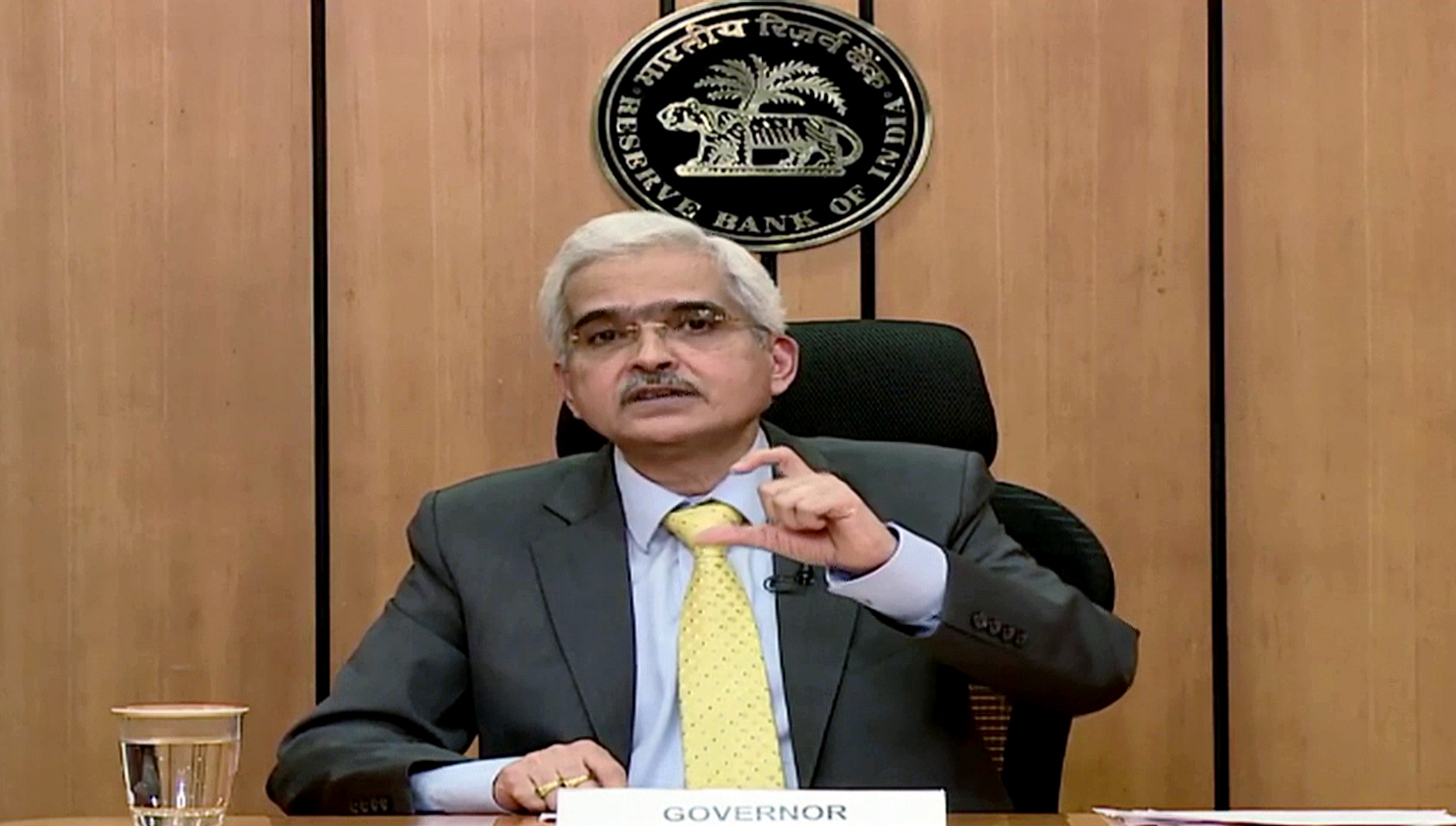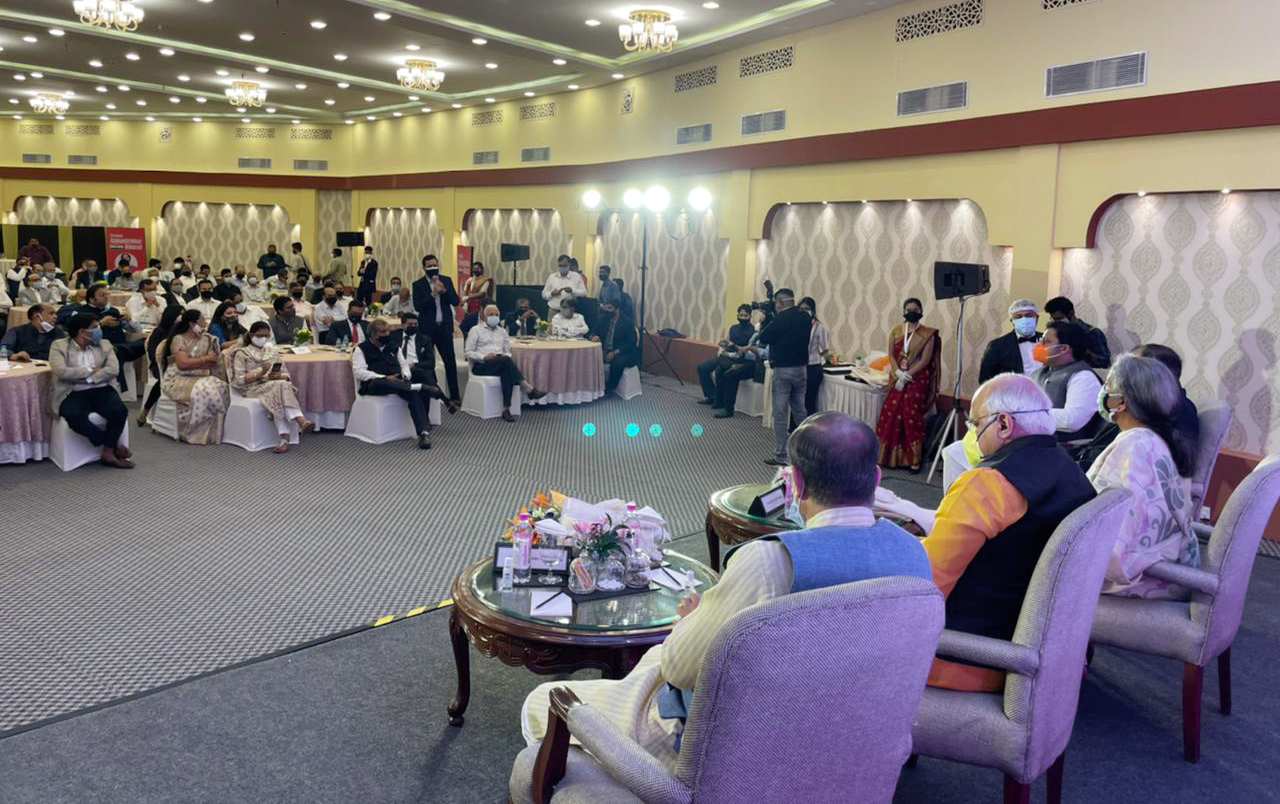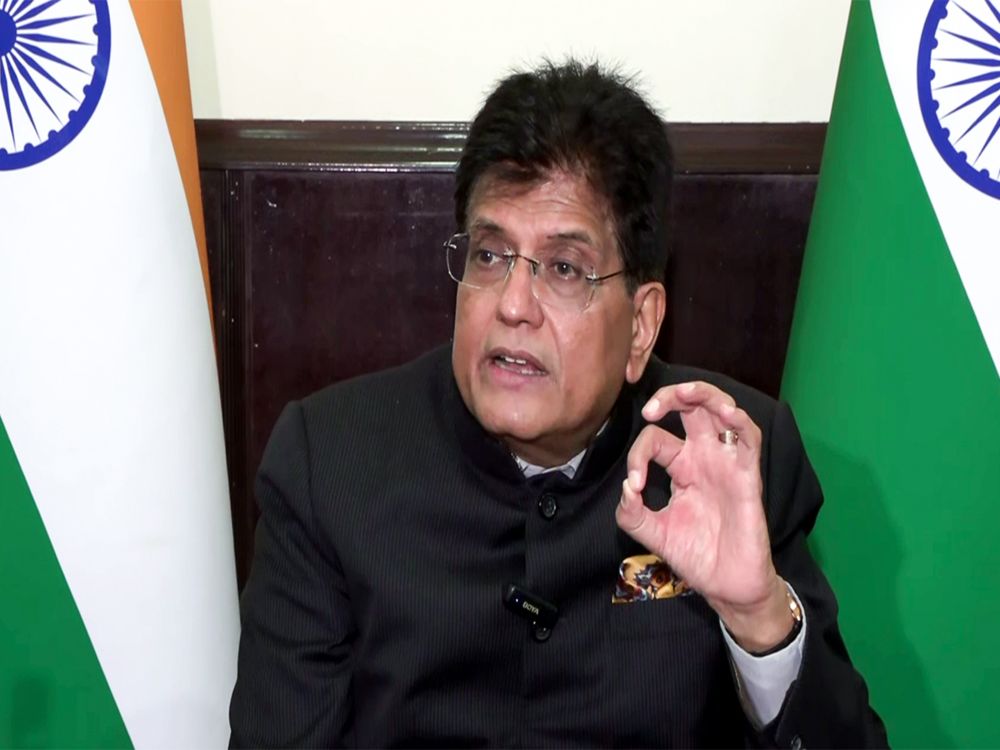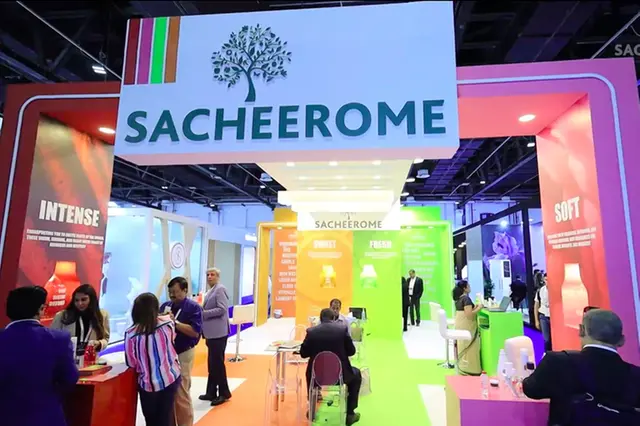Foreign banks have seen their share of credit cards come down by a third. In terms of value of transactions, their share has halved as that of private and public sector banks
Our Bureau
New Delhi
The RBI has said that banks are better positioned than before in managing stress in their balance sheet in view of higher capital buffers, better recoveries and return to profitability. At an aggregate level, the RBI has said that the capital of banks is enough to meet a severe stress scenario.
In its annual report released on Thursday, the RBI said that it has conducted stress tests on banks to check how prepared they are in a crisis. Although until last year many public sector banks were reporting losses due to provisions for bad loans, several have turned the corner and have reported profits for FY21.
In its annual report, the central bank has stressed the importance of vaccinations for recovery. It said that with cases beginning to drop recently, the macro-economic costs of this wave can be limited to Q1FY22 with possible spillovers into July.
Given the risks arising out of the second wave, the RBI has asked banks to closely monitor their bad loans and prepare themselves for higher provisioning. “With the lifting of the interim stay on asset classification standstill by the Hon’ble Supreme Court on March 23, 2021, banks’ asset quality will need to be closely monitored in coming quarters, with preparedness for higher provisioning,” it said.
But foreign banks have seen their share of credit cards come down by a third. In terms of value of transactions, their share has halved as that of private and public sector banks have grown.
According to data released by the RBI, foreign banks had 57 lakh credit cards outstanding as of March 2018. At that time, there were 3.8 crore credit cards in India, which gave the multinationals a market share of 15%. However, despite losing market share, the foreign banks had significant clout because of the higher value of transactions by their customers who spent more than the average cardholder. In 2018, the foreign banks had monthly card spends of Rs 10,380 crore — a 23.4% share.
Fast forward to March 2021, when the total market expanded to 6.2 crore cards while the number of cards issued by foreign banks stood at 66 lakhs, reflecting a market share of nearly 11%. It is not just in the number of cards that the multinationals have been losing ground. In terms of value of transactions too, foreign banks have a market share of 11.8% in the Rs 72,372-crore monthly volume.
While private banks have consolidated their market share in the card space, increasing their share from 63% to 66%, public sector banks have grown from 21.6% to 23.2% in three years. State Bank of India accounts for almost 80% of all public sector banks. Overall, SBI has 19% of the credit card market, which is still behind the 24% share of HDFC Bank.
In 2018, American Express had 3% of the credit card market in terms of number of customers. But it accounted for 10% of all spending by credit card customers in India. In 2021, their share of cards shrunk to 2.5%, while the share of spending declined to 4%. Citibank, which had a 7% share of cards and 9% share of spend, saw these fall to 4% and 6%, respectively. HSBC has held ground better than others with a market share of 1.4% as of March 2021 (1.5% in ’18) and retaining its 1% share of total spend.
In a sign of crisis in the banking sector, the government has strongly condemned the false reporting in certain media by “some vested interests” claiming that the Centre has purportedly asked state-owned banks to withdraw funds from foreign currency accounts abroad in anticipation of the potential seizure of such accounts with regard to the Cairn legal dispute.
Condemning all such source-based reports as false, the GOI in a statement said that these are totally incorrect reports which were not based on true facts. Certain vested parties appear to have orchestrated such misleading reporting, which often relies upon unnamed sources and presents a lopsided picture of factual and legal developments in the case. “The GOI is defending its case in this legal dispute. It is a fact that the government has filed an application on March 22, 2021, to set aside the December 2020 international arbitral award in The Hague Court of Appeal,” the statement added.
The government has raised several arguments that warrant setting aside of the award including but not limited to the arbitral tribunal improperly exercised jurisdiction over a national tax dispute that the Republic of India never offered and/or agreed to arbitrate.
The Centre said it is committed to pursuing all legal avenues to defend its case in this dispute worldwide.

























